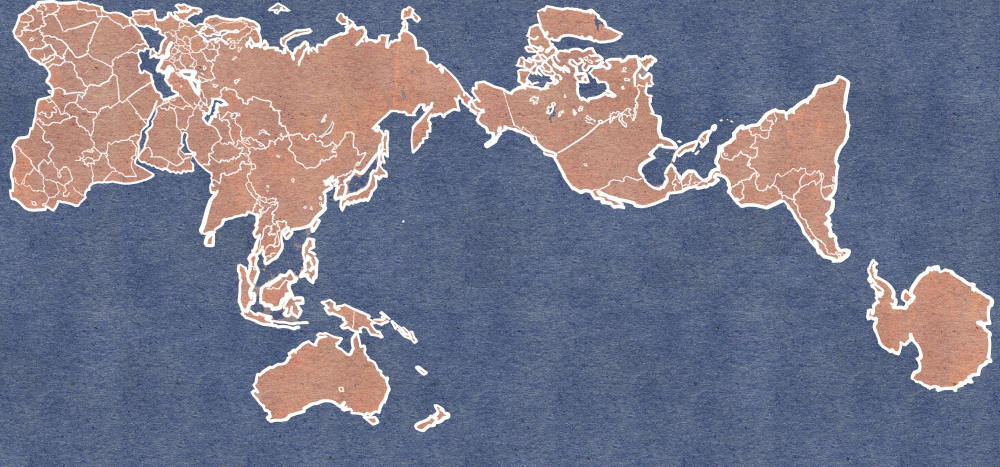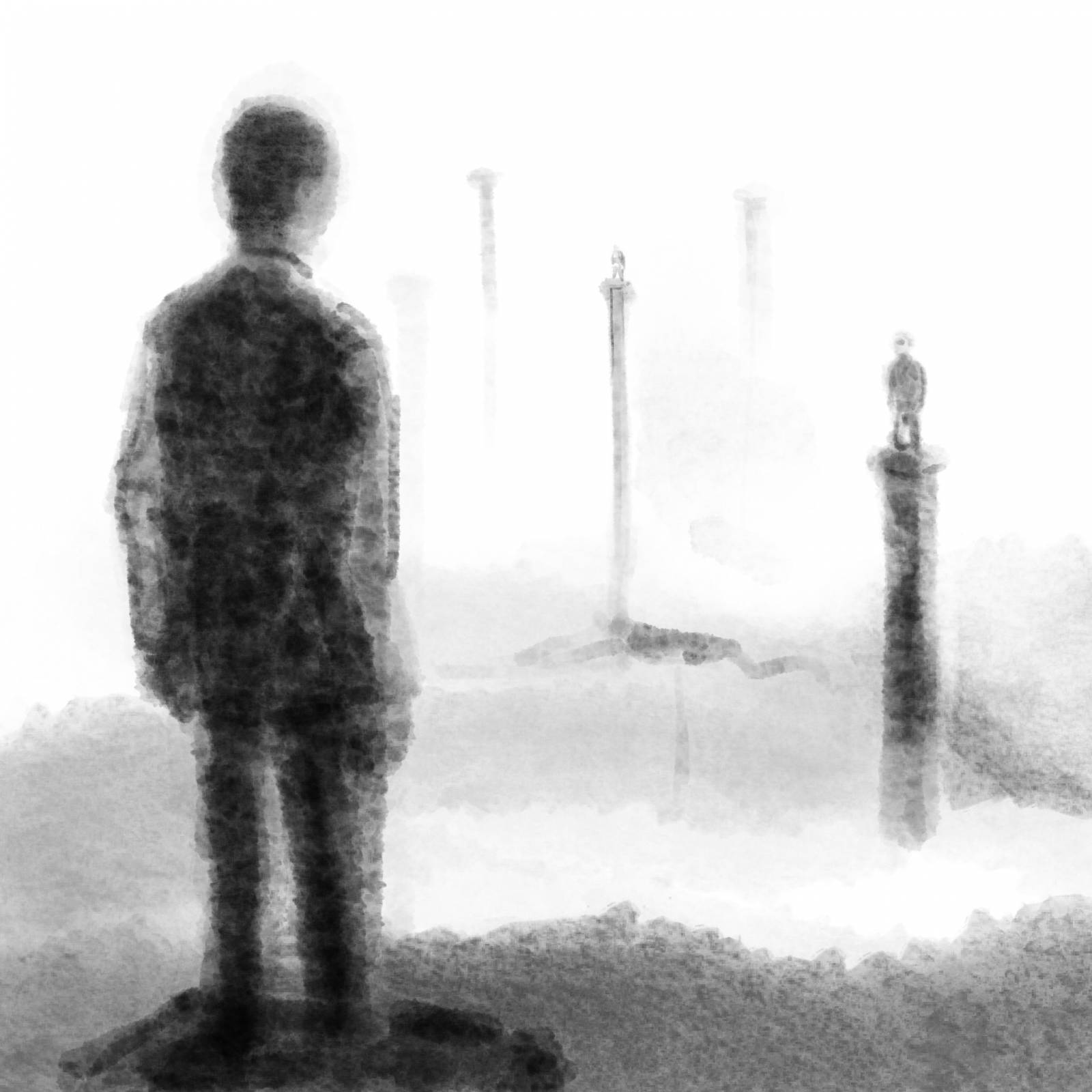Karim Maiche reflects the role of the culture in regionalism and questions the political cultural dichotomies.
We often use cultural-historical or political generalizations (such as East-West dichotomies) when depicting regional challenges to multilateralism or the changing nature of the globalization. Drifting away from the US led hegemonic world order seems to transform the world politics into more competing politico-economic blocs.
However, instead of facing the clash of civilizations we may be floating towards the clash of the middle classes, as distinguished fellow at the Carnegie Endowment for International Peace Moisés Naim argues. While the economic elite is capable of conducting worldwide trade and constructing ever growing international hub for commerce, it is the deteriorating middle classes in the North America and Europe that may be collapsing with the emerging middle classes in the so called Third World. All concerned about their desirable futures while simultaneously surrounded by populist movements and sentiments.
Nevertheless, the culture and competing worldviews matter in the institutional variety of regionalism in the 21st century? Professor at International Studies at Cornell University Peter Kazenstein believe they do. In his book A World of Regions (2005), considered as major contribution in the understanding of Asian regionalism, Kazenstein stresses that we are living in the world of regions that differ:
“in their institutional form, type of identity, and internal structure. Some regions, such as Asia and Europe, have core regional states, in these cases Japan and Germany, that over decades have acted as supporters of American power and purpose. Other regions, such as Latin America, South Asia, Africa, and the Middle East, lack such intermediaries connecting them with the United States”.
While Katzenstein underline the difference between Europe and Asia, Professor of International Political Economy in the Department of Politics and International Relations at Offord University Walter Mattli believes ”that there are general logic to regional integration”. Distinguished Professor of International Relations at American University Amitav Acharya believes that “whether in the economic, social, political or security realm, regionalism in practice has always had a multiple, global heritage”.
Senior Research Fellow in the Center on Asia and Globalization at the National University of Singapore Parag Khanna has coined the term “geopolitical marketplace” to show how US, EU and China are competing for the influence in the emerging markets (he refers as The Second World) such as Brazil, Kazakhstan, Malaysia, Turkey and many others. Later on Khanna mapped the future global network civilization and its complex power dynamics to global supply chains and transportation as well as to energy and communication infrastructures. He challenged the nation state borders or the official map lines that won’t correspond within the realm of future global network civilization.
It is even more challenging to draw lines between cultures, especially if we try to understand their plurality beyond the ever changing political context. As Meg E. Rithmire, an assistant Professor in the Business, Government, and International Economy Unit at the University of Harvard Business School, states in her article China’s New Regionalism: Subnational Analysis in Chinese Political Economy: “China is not one place. Increasingly, nowhere is. Fortunately, research methods in comparative politics are catching up to ever expanding subnational variation in political and economic phenomena.”
One could only remember what the philosopher Giles Deleuze wrote in the 1990s regarding sole dividing lines: “[L]ines are the basic components of things and events. So everything has its geography, its cartography, its diagram. What’s interesting, even in a person, are the lines that make them up, or they make up, or take, or create”.
Therefore, when we are searching lines and boundaries we often end up finding multitude of other new spaces, new lines and new boundaries.
Karim Maiche
Image: Karstein Volle



